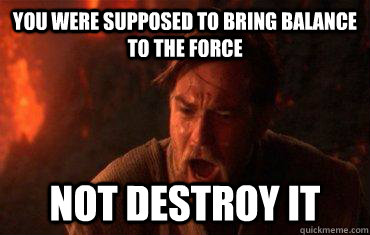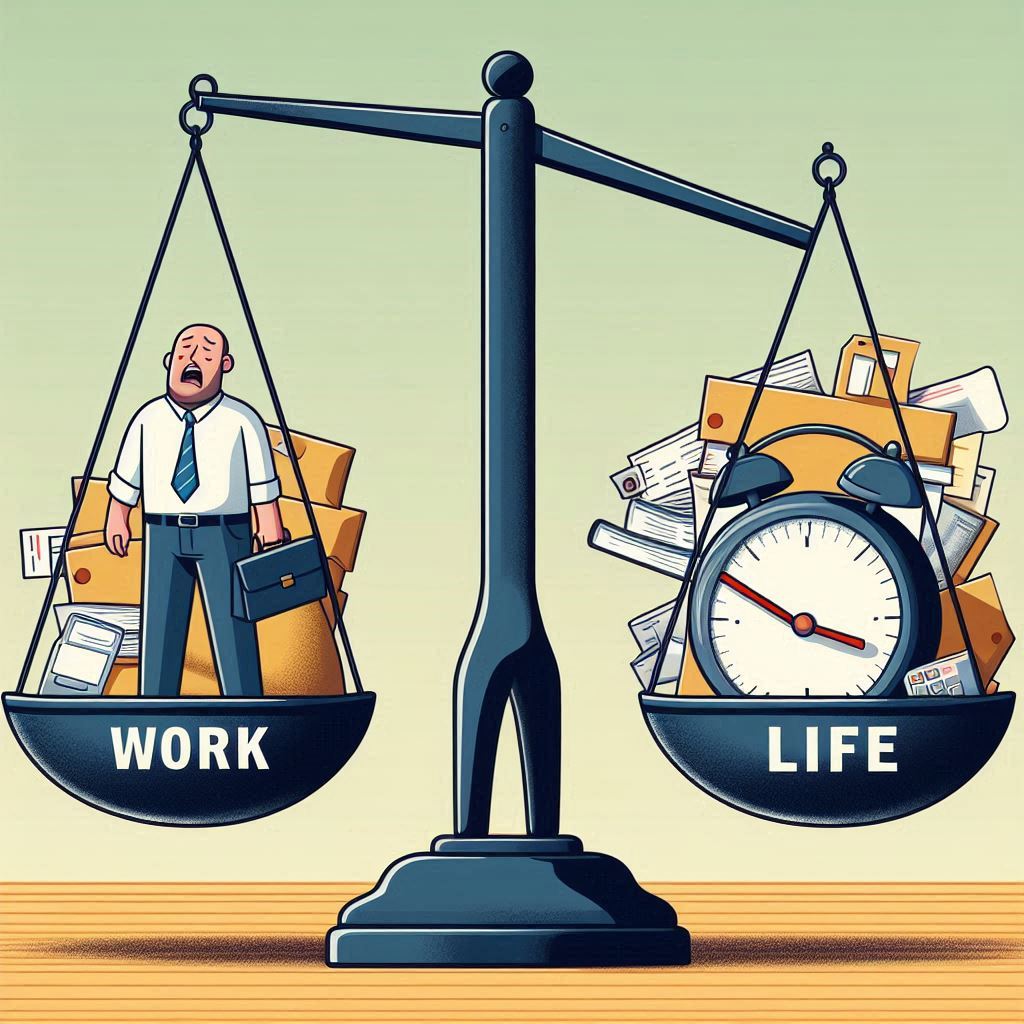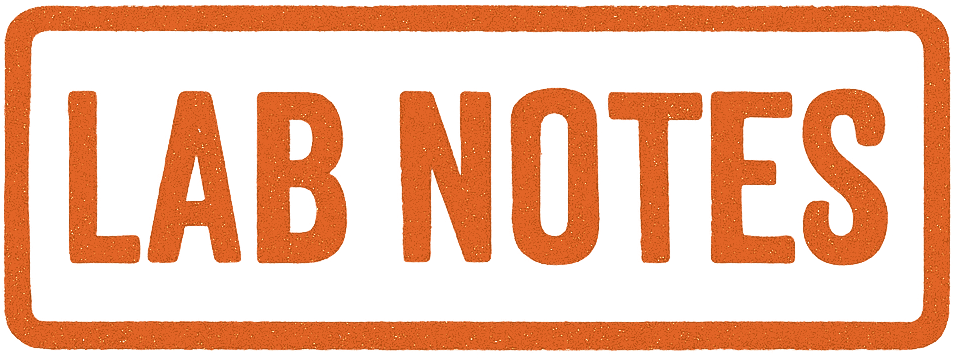
When Everything Stopped, Everything Became Clear
During the pandemic, my work-life balance swung wide and to the right. Work travel vanished. My startup crashed and burned. Socializing meant playing D&D on Zoom with friends who lived less than 25 minutes away. I briefly took up home appliance repair as a hobby (???). Strange times indeed.
As the busyness drained from my life, I experienced relief, then joy, then boredom. Then came the reckoning.
The boredom forced an honest audit of how my time spent matched my stated values. Even before lockdown, my community involvement consisted of superficial, performative acts. I claimed health was my top priority while prioritizing wine and pizza. Most of my identity had wrapped itself around a startup that no longer existed, with no plan to backfill that void. When you’re sitting alone in your home office for eighteen months, the truth becomes impossible to ignore.
When the world reopened, I spent three years pursuing balance by cross-pollinating lessons between work and life. At home, I implemented agile workflows for home improvement projects. At work, I rented a coworking space and invited friends to “work alone together.”
My commitment to change intensified in early 2025 during what I call “Dying Alone Simulator”—undiagnosed pneumonia with a 104-degree fever that left various organs staging minor rebellions. Sitting in the same office where I’d weathered the pandemic, I resolved to make still more changes, which I pursued vigorously once recovered.
The specifics matter less than the pattern. You’ve probably had similar moments—going on a crusade to improve your health, finances, relationships, or whatever part of life isn’t getting the attention it deserves.
Here’s where I’ve landed:
The good news: My work-life balance shifted from 90/10 pre-pandemic to 20/80 during lockdown, to a near “perfect” 50/50 today.
The best news: I’m experiencing peak lifetime joy in both personal and professional spheres.
The bad news: In my excitement, I over-pursued. Both sides of the scale are equally over-weighted and under-managed.

The Professional-Personal Infrastructure Gap
To quantify my failings, I compared how I manage work versus home. The contrast is… illuminating.
Process Infrastructure For My Favorite Client
System Level:
- Yearlong, multi-phase contracts with defined goals
Project Level:
- Sprint kickoffs and retrospectives
- Bi-weekly team journal serving as project history
Task Level:
- Trello board for task tracking
- Daily standups
AI Support For My Favorite Client
System Level:
- AI Executive Coach modeled after Silicon Valley’s best
Project Level:
- Project management assistant with full context for shifting timelines and emergent situations
Task Level:
- Three specialized AI workers for brainstorming, production, and analysis
Let’s compare this to just one of the projects in my personal life: home maintenance.
Process Infrastructure For Home Maintenance
- My wife writes things on a whiteboard
- We ignore them for months
- Eventually they won’t erase, even with spray
AI Support For Home Maintenance
- Nope.
The AI-Powered Life Management Experiment
While that might be the worst example, there are plenty more parts of my life that are lacking in process infrastructure and AI support. Some have a spattering of one or the other. It’s nearly random, bearing little relation to actual requirements or priorities.
Without AI, I’d never attempt more responsibility in my personal life—I have the executive function of a garden hose. But given the leaps and bounds that models have made in the last 60 days, and the anticipated quantum leaps to come in the coming weeks, it feels foolish not to fix this. We’ve built WorkSquared for professional life; why not LifeSquared for everything else?
Here’s the loose, doughy, in-process solution vision I’m pursuing:
The Core Problem
After burning out, trying early retirement (worse than burnout), and rebuilding, I’m doing the right things for the right reasons—but with no sustainability framework. Commitments pile up until they’re unmanageable. The difference now? AI can help establish sustainable life systems.
What I Need Most
A game master to shrink my daily and weekly context window. Sim City starts with a city block. Civilization begins with one settler. I’m currently staring at a world on fire and want to turn off the computer.
A superadmin to handle details. Capture what I see. Import best practices. Remember what I forget. Juggle priority queues. Streamline updates.
A dynamic, real-time visualization of my life’s state—showing when things are falling apart before they actually do.
The Implementation Plan
- Break complex life areas into discrete, manageable projects
- Establish clear priorities with regular recalibration capabilities
- Target quick, sustainable wins through daily, weekly, or monthly rituals
- Include low-friction interfaces for collaborators (like my wife) who aren’t interested in AI assistants or Trello boards
Work Principles to Port Over
- Start with clear goals, calibrate team and process to match
- Build no-heroes systems that handle emergencies gracefully
- Delegate at high-leverage, low-risk points
The Six-Week Test
I’m spending the next six weeks using WorkSquared to organize my personal life—testing whether AI can cure our collective addiction to overcommitting. Can we use these tools not just to do more, but to do better while staying sane?
The pandemic taught me that less can be more. Post-pandemic life showed me that more can be joy. Might AI teach me that sustainable can be both?
Let’s see how it goes.
